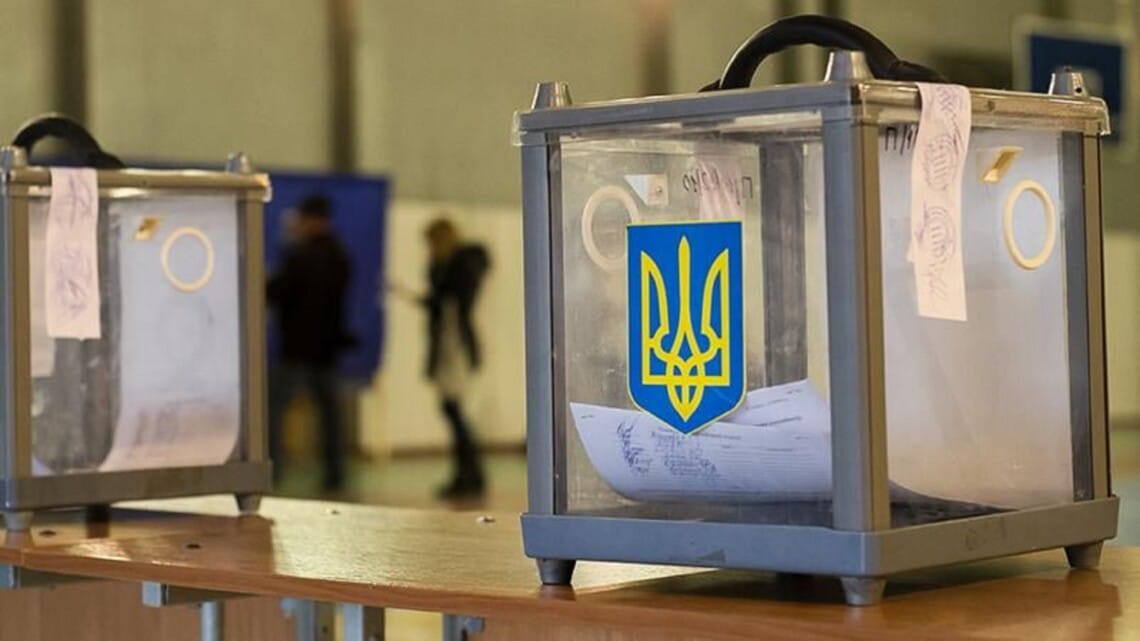Lawyer
Martial law in Ukraine brings significant changes to all spheres of life, in particular, to the provision of voting rights of citizens. This issue is urgent and difficult, because it requires compliance with democratic principles even in the most difficult conditions. Let's look at how the legislation of Ukraine regulates electoral rights during martial law and what legal advice can help in this matter.
Legislative basis
The basis of regulation of voting rights of citizens under martial law is the Constitution of Ukraine and the Laws of Ukraine "On the Legal Regime of Martial Law" and "On Elections of People's Deputies of Ukraine". According to the Constitution, citizens have the right to vote and be elected, but martial law can make adjustments to the exercise of these rights.
According to the Law of Ukraine "On the Legal Regime of Martial Law", restrictions may be imposed on certain rights and freedoms of citizens, including the right to vote, for the period of its validity. This is due to the need to ensure national security and public order.
Consultation of a lawyer
To understand the specifics of exercising voting rights during martial law, a lawyer's consultation is necessary. A lawyer can help determine which rights may be restricted and explain the legal consequences of such restrictions. The consultation will also include clarification of the voting procedure and the conditions under which elections can be held.
Analysis of documents
The analysis of documents is an important stage in the study of the issue of electoral rights under martial law. This includes a detailed study of relevant laws, resolutions of the Cabinet of Ministers, decisions of the Central Election Commission (CEC) and other regulatory acts. The analysis of the documents makes it possible to find out exactly how the election process is regulated under martial law and what restrictions may be applied.
Legal opinion
A legal opinion on this issue should take into account several important aspects:
The legal basis of restrictions: Determination of the legality of restrictions on voting rights of citizens during martial law.
Voting procedures: Evaluation of changes in voting procedures, including the possibility of remote voting or other alternative forms.
Protection of citizens' rights: Analysis of mechanisms for the protection of voters' rights in case of illegal restrictions or violations during the election process.
Recommendations: Provision of recommendations on the observance of electoral rights in difficult conditions.
Legal opinion of the lawyer
A lawyer's legal opinion will help specify specific actions that can be taken to protect the voting rights of citizens. A lawyer can advise how to act in a situation where electoral rights are violated, including filing complaints with the CEC or legal actions.
Conclusion
Ensuring the electoral rights of Ukrainian citizens under martial law is a challenge that requires a thorough legal approach. The main aspects are compliance with legislation, analysis of documents, obtaining a legal opinion and consulting a lawyer. Only under these conditions can the legitimacy of the election process be ensured and the rights of citizens protected even in the most difficult conditions.
In conclusion, it is important to understand that voting rights cannot be completely abolished, even during martial law. Thanks to the legal support and advice of lawyers, citizens can remain confident in their rights and know how to act to protect them.

































